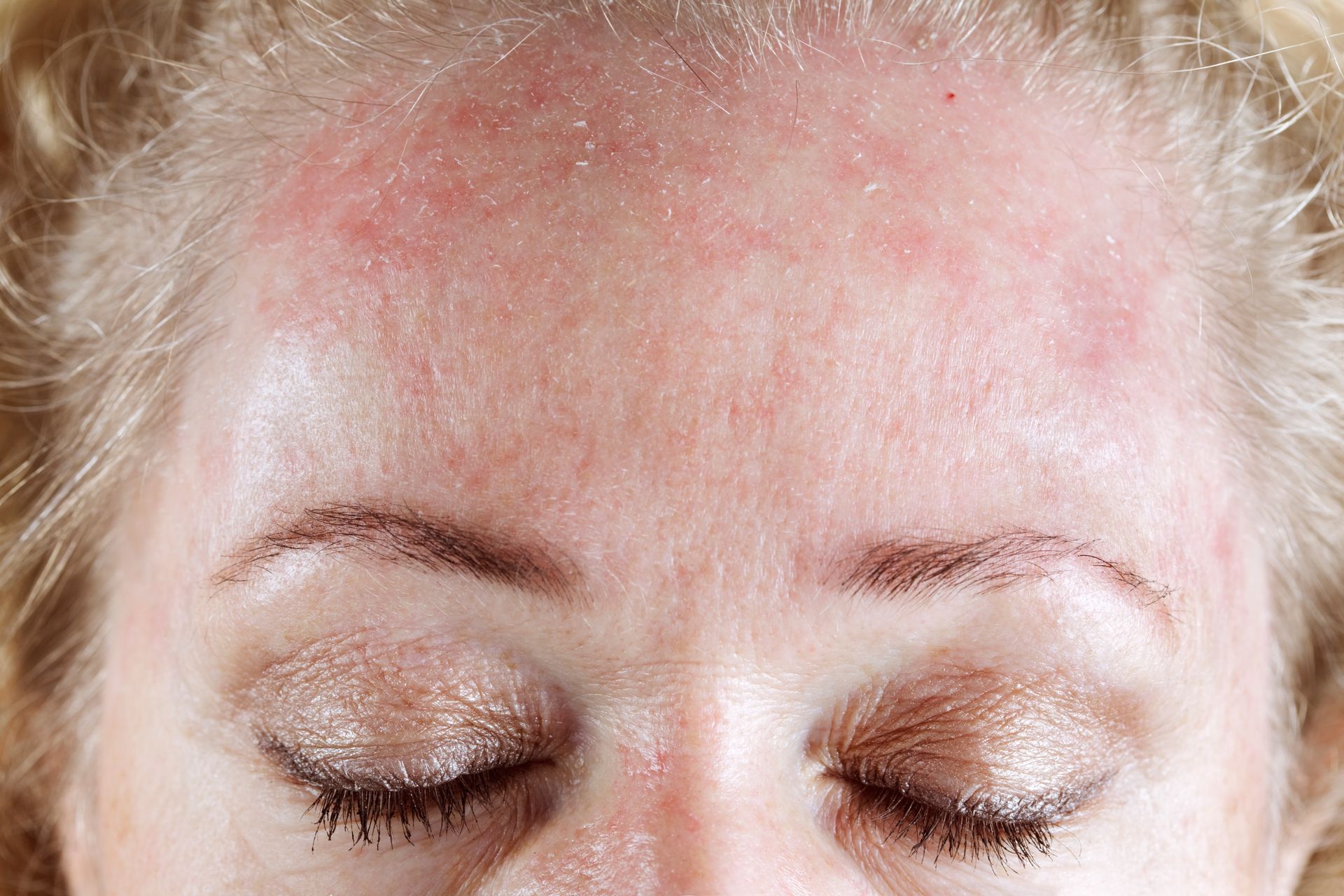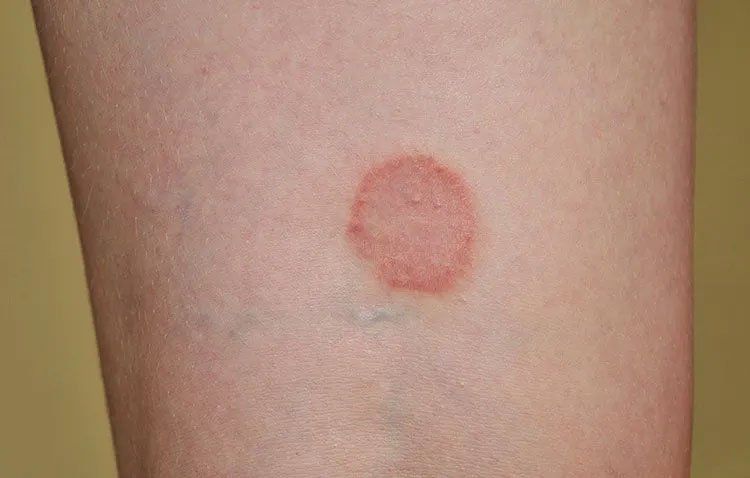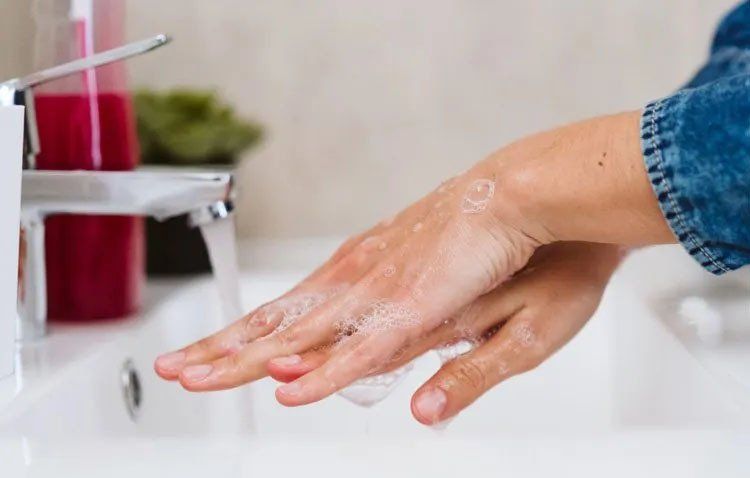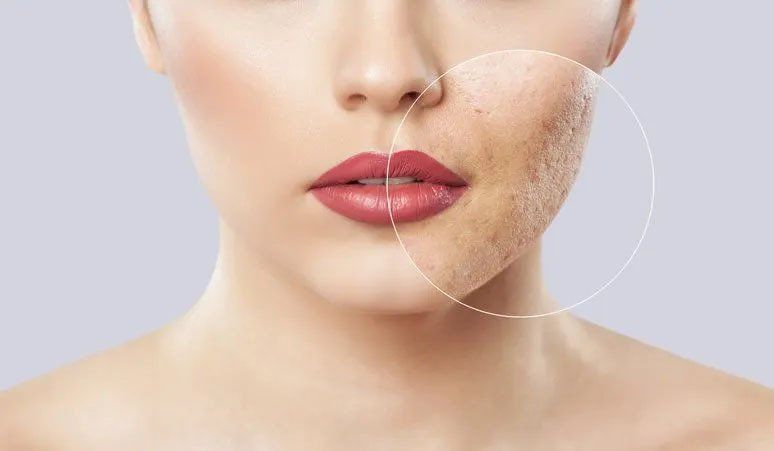2 Simple Skincare Changes You Should Make This Winter
October 29, 2018
2 Simple Skincare Changes You Should Make This Winter

Since warm air holds more moisture than cool air, a change in the seasons could be enough to spark a long list of troubling skin issues. From dry, cracked hands to surprise problems with acne, winter weather can make preparing for that Christmas picture even more stressful. Here are two simple skincare changes you should make this winter and why.
1. Use a Humidifier
When humidity levels indoors drop, your skin suffers. In addition to causing tightness, redness, and itching, dry skin can also contribute to issues like fine lines, flaking, and an ashy appearance. In extreme cases, skin can even become dry enough that it cracks and bleeds, especially in frequently washed and exposed places like your hands.
Indoor heaters leach even more moisture from your indoor air, causing problems like static buildup, nosebleeds, and sinus discomfort. Fortunately, using a humidifier is an easy way to solve all of these issues.
Modern cool-mist humidifiers work by using an internal wick to absorb water and disperse the moisture in front of a fan. As the system runs, the humidity levels in the room improve, helping the skin to stay hydrated and comfortable.
To keep your skin healthy and comfortable, experts recommend keeping humidity levels in your home between 30% and 50%. If you have dry skin and are concerned about keeping moisture levels in your home on point, you can even purchase a hygrometer, which measures indoor humidity.
In addition to helping your skin, nails, and hair to stay supple, humidifiers also soothe dry throats, calm irritated eyes, and prevent bloody noses and sinus headaches. Additionally, new research
has shown that since bacteria and viruses don't replicate as well when humidity levels are high, running a humidifier in your home could help you to ward off winter illnesses like the flu.
2. Boost Your Exfoliation Routine
During the winter, your skin has to work exceptionally hard to regenerate itself, which can cause another problem: too many dead skin cells. As the skin creates new, healthy cells to replace cells damaged by cold winter air and UV light, the surface of the skin can become uneven, and pores can become clogged, leading to breakouts.
However, by using an exfoliator, you can remove dead skin, revealing bright, smooth, healthy skin just under the surface.
Exfoliators come in two varieties: physical exfoliators and chemical exfoliators. While physical exfoliants contain scrubbing particles made from materials like crushed walnut shells or baking soda, chemical exfoliants work by loosening the bond between dead skin cells and the surrounding tissue.
To keep your skin healthy and clear all winter long, find an exfoliant designed for your skin type, and use it one to three times a week. Talk with your dermatologist about which products are right for you, since people with skin sensitivity issues or certain varieties of acne can irritate their skin by exfoliating too often or too harshly.
When you exfoliate, focus on being as gentle as possible, and always abide by the recommendations given by the manufacturer and your doctor. For instance, since chemical exfoliators need to be completely absorbed before moving on, applying your night cream too soon after application could interfere with your final results.
Managing wintertime skin isn't always easy, which is why working with a team of skincare professionals can be so helpful.
Here at Spartanburg Dermatology & Skin Surgery Clinic, P.C., we are committed to helping each and every patient tackle their individual skin concerns. From medical dermatology conditions like eczema and psoriasis to cosmetic issues like wrinkles, eyelash loss, and excessive sweating, we can help. Contact us today to learn more!
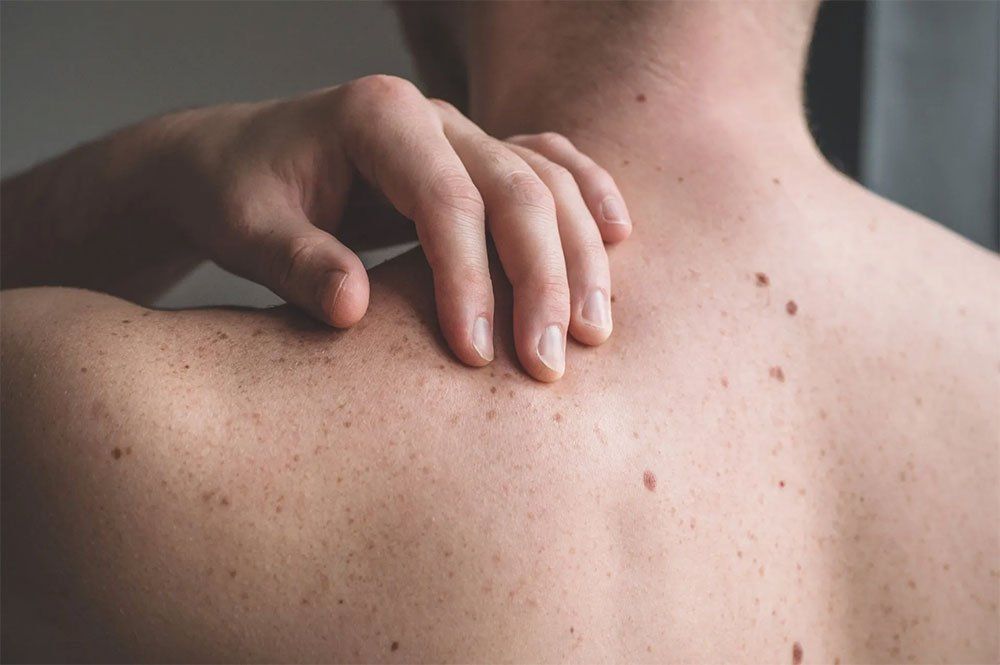
Your body is protected by your skin, which helps prevent damage to internal tissues and infection. However, the skin isn't impervious to disease and infection, and skin conditions are common at all stages of life. If you would like to learn more about your skin, check out these four skin diseases and conditions that are common in adults.
Skin tags develop in almost one-half of the adult population. While these elevated skin growths don't pose any significant health hazards, they can prove both uncomfortable and embarrassing, depending on their location. Fortunately, a qualified dermatologist can remove your unsightly skin tags safely and easily.
Lines around the eyes are almost impossible to hide. Makeup can sometimes make them more noticeable, and sunglasses are not acceptable to wear everywhere. A more effective solution is to learn the little habits that cause the lines to begin or worsen existing wrinkles. Additionally, use these four inexpensive and easy ways to reduce the risk of crow's feet and fine lines.
Lupus is an autoimmune disorder. If you have lupus, your immune system targets your tissue and organs. Unfortunately, you may suffer from skin rashes as your immune system attacks your skin. In fact, skin problems occur in 66 percent of patients with lupus, as noted by the Lupus Foundation of America. Fortunately, a dermatologist can help you combat the skin issues that arise from this disorder.

Skin cancer is the most common cancer in the United States, affecting one in five people in their lifetime, according to the American Academy of Dermatology. While some types of skin cancer can be treated effectively, other types, particularly melanoma, can often be fatal. Take steps to prevent skin cancer and reduce your risk.

